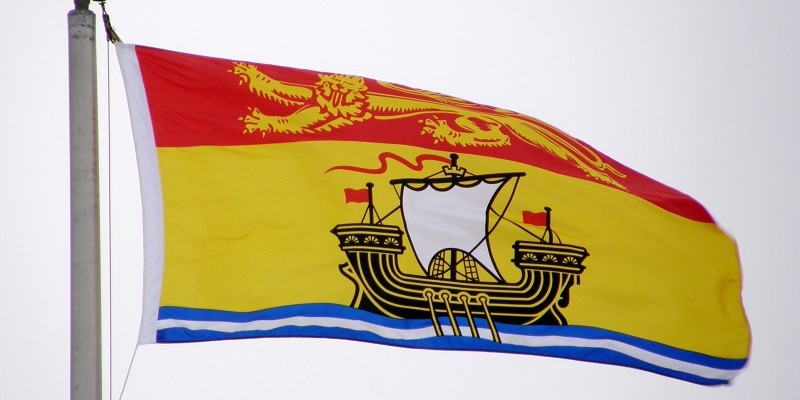New Brunswick government should resist temptation to increase spending before election

The Higgs government, which has earned a reputation for fiscal prudence, will table its sixth budget on Tuesday. With an election looming, the temptation to increase spending will be strong. But the government should resist this temptation and build on its improved fiscal position.
The fiscal accomplishments of the Higgs government are substantial. This year will see a balanced budget, the sixth under Higgs (and seventh in a row). Provincial debt has declined by approximately $1.75 billion since 2018/19, with New Brunswick the only province in Canada to consistently report declining debt relative to the size of its economy since 2018/19. Indeed, government debt (as a share of the provincial economy) has dropped from 38.7 per cent in 2018/19, fourth highest in Canada, to a projected 27.6 per cent this year, now seventh highest.
However, perhaps surprisingly to some, relative to other provinces New Brunswick has loosened the reins on spending over the past three years. During its first two full fiscal years, the Higgs government was responsible for spending increases (measured by the percentage change in program spending), which ranked 8th and 10th, respectively, among the provinces. However, in the last three fiscal years, the government’s spending increases have ranked 4th, 6th and a projected 2nd, respectively.
Another way to measure the change in spending is on a per-person basis. From 2018/19 and 2020/21, which covers the Higgs government’s first two full fiscal years, the government increased per-person program spending by 1.5 per cent compared to 20.3 per cent from 2020/21 to 2023/24.
To be sure, New Brunswick remains in a relatively strong fiscal position given its consecutive balanced budgets and prior record of spending restraint. However, the Higgs government has increased spending over the past three budgets. With this upcoming budget, resisting the temptation to further increase spending will be important for several reasons.
First, restrained spending will help the province maintain a balanced budget and generate a surplus, and subsequently reduce the provincial debt. While progress has been made, continued debt reduction can help reduce debt interest payments, which is money diverted away from priorities such as health care, education or tax relief. This year, the government will spend a projected $548 million on provincial debt interest.
Second, spending restraint puts New Brunswick in an advantageous position over other provinces when it comes to withstanding future challenges. In Nova Scotia and Prince Edward Island, governments have hiked spending, generated budget deficits and increased debt. This approach leaves those provinces in a weaker position to deal with an aging population, potential reductions in federal transfers and slower economic growth.
Third, spending restraint can help create fiscal room to pursue meaningful tax relief. While the Higgs government has cut some taxes in recent budgets, New Brunswick still has a tax competitiveness problem. Personal income taxes, business taxes and sales taxes in the province remain among the highest in North America. If the government lowers taxes, it can help New Brunswickers keep more of their money and deal with the rising cost of living, spur economic growth, and help attract businesses and investment to the province.
The Higgs government has substantially improved New Brunswick’s fiscal position, but with an election looming, the temptation to increase government spending also looms large. In its upcoming budget, the Higgs government should place a renewed focus on spending restraint.

